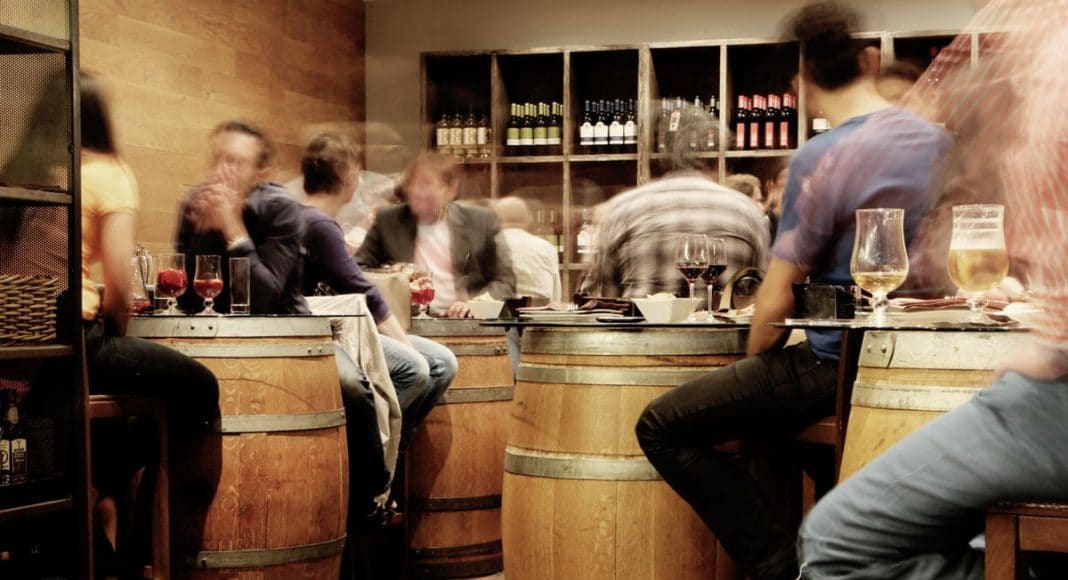The worst part of a hangover often isn’t the splitting headache or the feeling that only a large order of ramen will stop your stomach from churning: It’s remembering everything you said and did in acute detail. At least, until your memory quit on you after the fourth tequila shot.
But if you’re using the “I don’t remember, I was drunk” excuse when you’re confronted with your boozy ways in the broad light of brunch, scientists have some bad news for you.
A study published in the journal Pharmacology suggests that people who’ve witnessed a crime might be better at retaining their memories of details if they’re drinking immediately afterward.
The researchers studied this by dividing people into three groups of different levels of inebriation and showing them a robbery taking place. They explain in The Conversation:
Members of the first group were given alcohol and were aware that they had been given it. The second group were told they would be drinking non-alcoholic beer, but in fact did drink alcohol (the purpose of this was to ensure as far as possible that it was the effect of the alcohol itself and not expectations about the effect of alcohol that would cause any effects). And the third group did not get any alcohol and knew they were not drinking.
To pretty much everyone’s likely surprise, people who’d had a little to drink — not above the UK’s legal driving limit — were better at accurately describing details from the scene in a memory test the next day. Sober people, however, were “more suggestible to misinformation than our alcohol consumers” and more likely to agree to make these statements as witnesses in a court of law.
-
Related Story: Can Marijuana Help Alcoholics Stop Drinking For Good?
They think this is because alcohol blocks new information and misinformation from interfering with what you’ve already seen. The timing of the booze, after the event to be remembered, is important.
“Our research challenges the intuitive view that alcohol is bad for eyewitness memory recall by showing that, in fact, it can be the timing of alcohol consumption that is important when it comes to determining how accurate and reliable inebriated witnesses are,” the researchers write. “Although we still don’t know the effects of different volumes of alcohol on the reliability of eyewitness testimony.”
Next time your friend is brushing off their wild night, take it with a grain of salt. If it happened before getting too drunk, they might just remember. But it’s still a safe bet that more tequila = fewer accurate memories.
[gravityform id=”13″ title=”false” description=”true”]
[soliloquy id=”35817″]


